Solar United Neighbors : Virginia Solar Advocacy
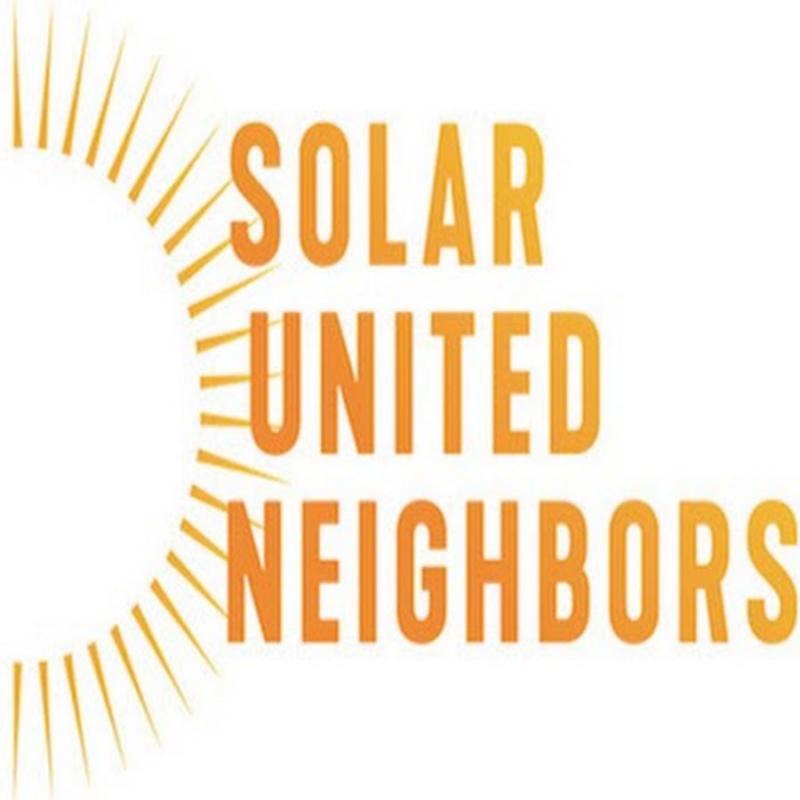
Learn how to take positive action in solar advocacy in your local community. Background information and research from Solar United Neighbors.
- Primary Topic: Reduce Carbon Footprint
- Sub Topic: Encourage Resilient Action, Local Resource, Renewable Resources/Energy Conservation, Solar Programs
- Grade Level: High School, Middle School
- Resource Type: Activity, Background Information or Research, Educational Programs, Student Action Plan
- Program Type: Beyond the Classroom Program
Virginia Institute of Marine Science : BRIDGE Ocean Science Education : Beyond the Classroom
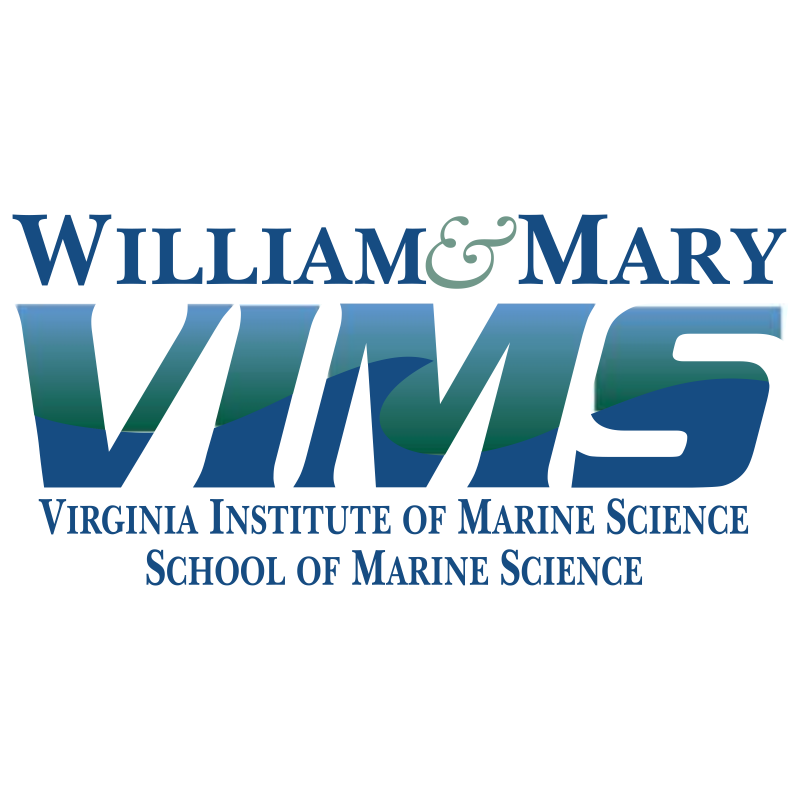
Includes Museums & Aquaria, Research Organizations & Institutions, National Marine Sanctuaries, and Virtual Expeditions.
- Primary Topic: Climate Change, Marine Education
- Sub Topic: Chesapeake Bay Watershed, Conservation, Ecology, Encourage Resilient Action, Flooding, Flooding Prevention, Local Resource, Renewable Resources/Energy Conservation, Solar Programs, Water Quality & Pollution, Weather, Weather & Natural Disasters
- Grade Level: Elementary School, High School, Middle School
- Resource Type: Activity, Background Information or Research, Case Study, Educational Programs, Educator Guide, Lesson Plan
- Program Type: Beyond the Classroom Program
Virginia Institute of Marine Science : BRIDGE Ocean Science Education : Student Center
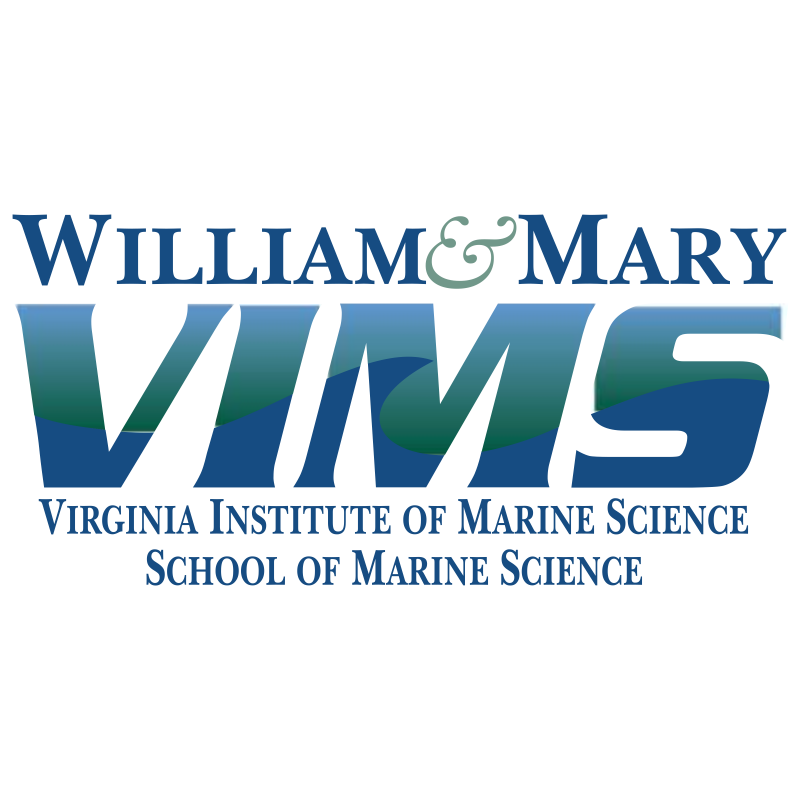
Includes Summer Opportunities, Marine Science Careers, Undergraduate Programs, and Science Fair Information.
- Primary Topic: Climate Change, Marine Education
- Sub Topic: Chesapeake Bay Watershed, Conservation, Ecology, Encourage Resilient Action, Flooding, Flooding Prevention, Local Resource, Renewable Resources/Energy Conservation, Solar Programs, Water Quality & Pollution, Weather, Weather & Natural Disasters
- Grade Level: Elementary School, High School, Middle School
- Resource Type: Activity, Background Information or Research, Case Study, Educational Programs
- Program Type: Beyond the Classroom Program
City of Norfolk : Keep Norfolk Beautiful
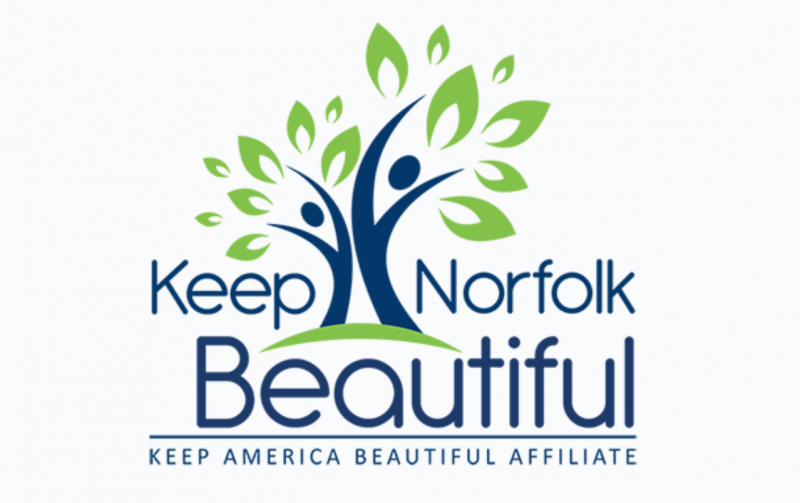
Includes descriptions for in-school programs to discuss littering and recycling with Pre-K through Grade 8.
- Primary Topic: Reduce Carbon Footprint
- Sub Topic: Encourage Resilient Action, Local Resource, Renewable Resources/Energy Conservation
- Grade Level: Elementary School, Middle School
- Resource Type: Activity, Background Information or Research, Educational Programs, Lesson Plan
- Program Type: In School Program
Virginia Space Grant Consortium : BLAST Summer Camp
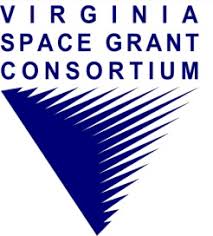
Building Leaders for Advancing Science and Technology, BLAST, is a FREE program designed to help Virginia 8th and 9th-grade students find their place in STEM. Participants spend three days at a college dorm doing hands-on STEM activities.
BLAST is a partnership between the VSGC, Old Dominion University, Radford University, University of Virginia, Virginia Tech, William & Mary, and the Commonwealth of Virginia.
- Primary Topic: Reduce Carbon Footprint
- Sub Topic: Chesapeake Bay Watershed, Conservation, Ecology, Encourage Resilient Action, Flooding Prevention, Local Resource, Renewable Resources/Energy Conservation, Weather
- Grade Level: High School, Middle School
- Resource Type: Activity, Educational Programs
- Program Type: Camp
Virginia Aquarium : School Programs
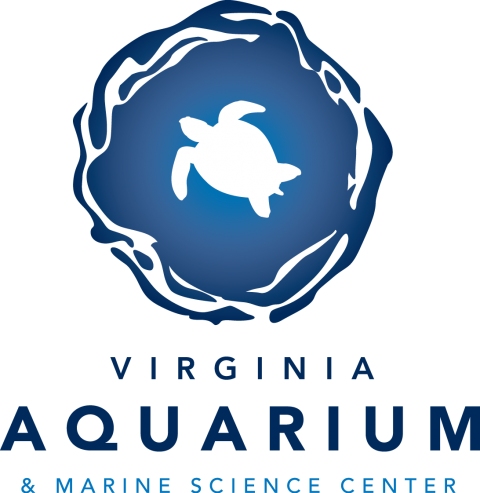
Learn all about different school programs at the Virginia Aquarium and ways to add to your science curriculum. Programs include Outreach Programs that can come to you, Field Trips to the aquarium, Suitcase Science kits, and Virtual Learning programs! Programs are designed for toddlers through 12th grade.
- Primary Topic: Climate Change, Marine Education, Sea Level Change
- Sub Topic: Chesapeake Bay Watershed, Conservation, Ecology, Encourage Resilient Action, Flooding, Flooding Prevention, Local Resource, Water Quality & Pollution, Weather & Natural Disasters, Wetlands
- Grade Level: Elementary School, High School, Middle School
- Resource Type: Activity, Background Information or Research, Case Study, Educational Programs
- Program Type: Beyond the Classroom Program, Field Trip, In School Program
Smithsonian Environmental Research Center : Education Resources
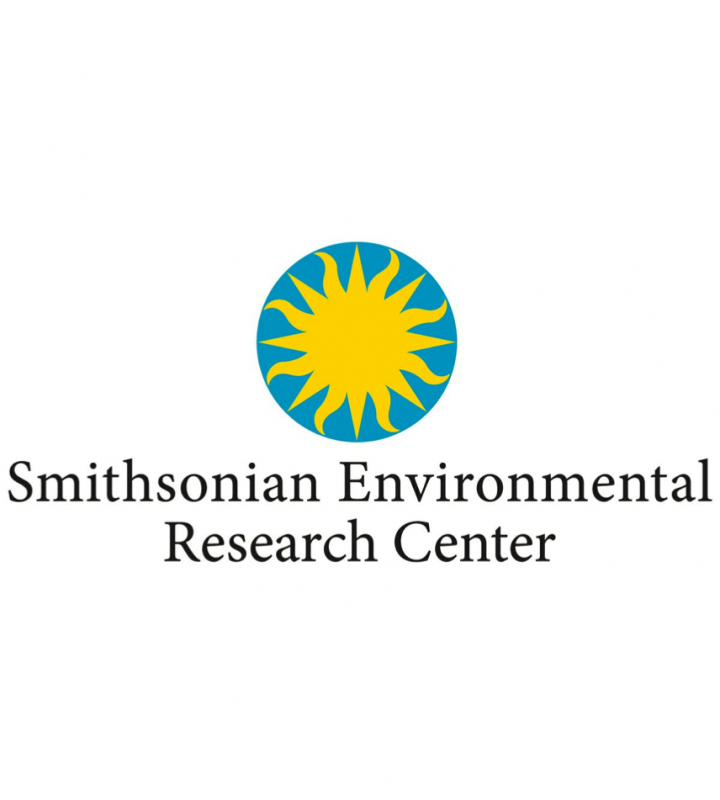
Check out SERC’s K-12 Education resources. Learn more about school programs, field trips, group programs, and volunteering. They also have a library of learning resources, along with virtual field trips and talks. In addition, they offer professional development and science courses for educators!
- Primary Topic: Climate Change, Marine Education, Reduce Carbon Footprint, Sea Level Change
- Sub Topic: Capture & Reuse Rainwater, Conservation, Ecology, Encourage Resilient Action, Flooding Prevention, Renewable Resources/Energy Conservation, Weather & Natural Disasters
- Grade Level: Elementary School, High School, Middle School
- Resource Type: Activity, Background Information or Research, Case Study, Educational Programs, Educator Professional Development, Video
- Program Type: Beyond the Classroom Program, Field Trip, In School Program
- Professional Development Type: Teacher/Training Workshop
Chesapeake Bay Foundation : Environmental Education Opportuntities at the Brock Environmental Center
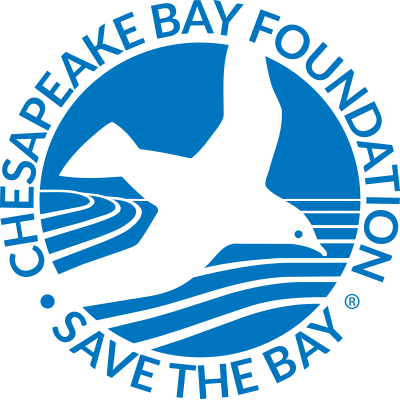
All Activities are correlated with Virginia SOLs! Enjoy tours and education programs at one of the world’s greenest buildings. Programs discuss oyster reefs, conservation, water quality, mapping, point source pollution, runoff, and more! Students can also participate in canoeing field experiences.
- Primary Topic: Climate Change, Marine Education, Sea Level Change
- Sub Topic: Capture & Reuse Rainwater, Chesapeake Bay Watershed, Conservation, Ecology, Encourage Resilient Action, Flooding, Flooding Prevention, Local Resource, Resilience, Water Quality & Pollution, Wetlands
- Grade Level: Elementary School, High School, Middle School
- Resource Type: Activity, Background Information or Research, Educational Programs, Educator Professional Development, Lesson Plan
- Program Type: Beyond the Classroom Program, Camp, Field Trip
- Professional Development Type: Teacher/Training Workshop
Global Footprint Network : Ecological Footprint Calculator
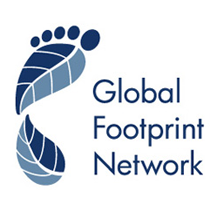
Students can learn about Earth Overshoot Day and calculate how many earths would be needed if everyone lived as they do.
- Primary Topic: Reduce Carbon Footprint
- Sub Topic: Encourage Resilient Action
- Grade Level: Elementary School, High School, Middle School
- Resource Type: Activity, Background Information or Research, Impact Calculator
Chesapeake Bay Foundation : Podcasts
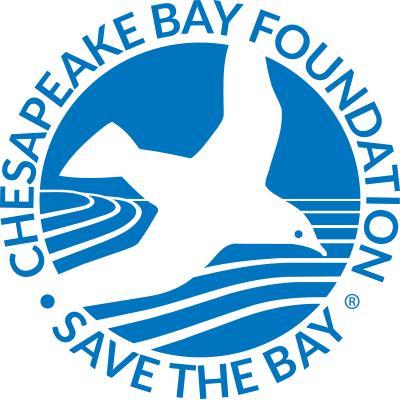
Follow the Bay through the seasons with this podcast library. Topics include water quality, conservation, oysters, sustainable practices, pollution, renewable resources and energy, local species, and more!
- Primary Topic: Marine Education
- Sub Topic: Chesapeake Bay Watershed, Conservation, Ecology, Local Resource, Renewable Resources/Energy Conservation, Water Quality & Pollution, Wetlands
- Grade Level: Elementary School, High School, Middle School
- Resource Type: Background Information or Research, Blog, Podcast
Chesapeake Bay Foundation : Student Leadership Program
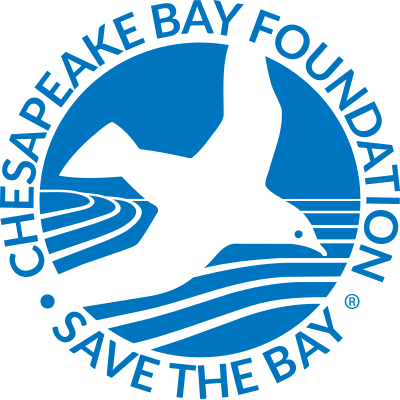
The mission of CBF’s Student Leadership program is to connect, educate, and inspire the next generation of environmental stewards to become critical thinkers and environmental problem solvers by advancing advocacy, raising awareness, and taking action to help Save the Bay.
- Primary Topic: Marine Education
- Sub Topic: Chesapeake Bay Watershed, Encourage Resilient Action, Local Resource
- Grade Level: High School
- Resource Type: Activity, Background Information or Research, Educational Programs
- Program Type: Beyond the Classroom Program
Chesapeake Bay Foundation : Schoolyard Report Card
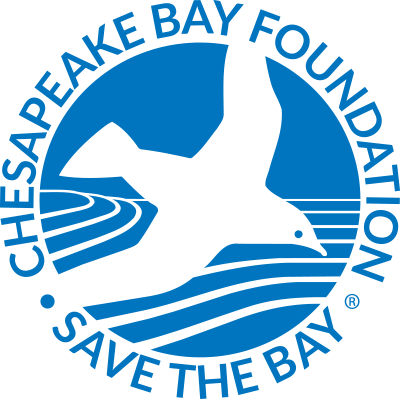
How is your schoolyard doing? Is it helping the Chesapeake Bay, or is it contributing to the Bay’s current condition? Follow this Report Card and find out…
- Primary Topic: Reduce Carbon Footprint
- Sub Topic: Capture & Reuse Rainwater, Chesapeake Bay Watershed, Conservation, Encourage Resilient Action, Local Resource, Renewable Resources/Energy Conservation, Resilience, Water Quality & Pollution
- Grade Level: Elementary School, High School, Middle School
- Resource Type: Activity, Background Information or Research, Educator Guide, Impact Calculator, Resilience Report, Student Action Plan
Chesapeake Bay Foundation: State of the Bay Report
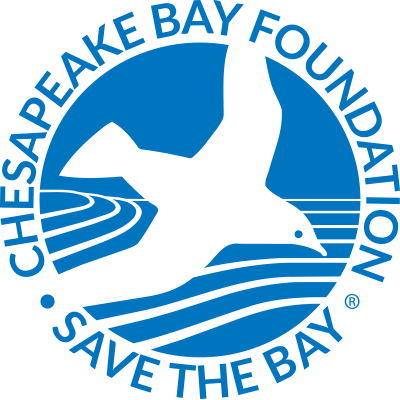
The State of the Bay Report discusses the heightened impacts of stronger weather systems, resiliency building, and current pollution indicators. Choose to read a summary or download the full report for all the nitty gritty details.
- Primary Topic: Climate Change, Marine Education
- Sub Topic: Chesapeake Bay Watershed, Ecology, Encourage Resilient Action, Local Resource, Water Quality & Pollution, Weather & Natural Disasters
- Grade Level: Elementary School, High School, Middle School
- Resource Type: Background Information or Research, Case Study, Dataset, Downloadable Map, Educator Guide, Resilience Report
Chesapeake Bay Foundation : Build Your Own Rain Garden
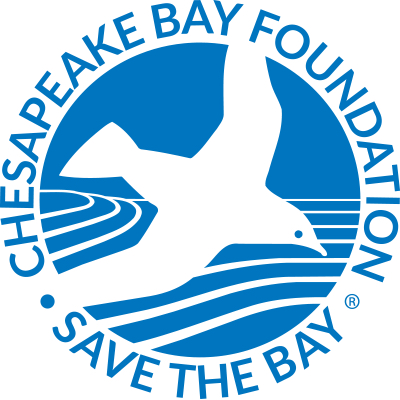
Downloadable instructions from the Chesapeake Bay Foundation on how to build your own rain garden! Add a colorful habitat to your school yard while keeping sediment from choking local streams by using this easy step-by-step guide.
- Primary Topic: Reduce Carbon Footprint
- Sub Topic: Capture & Reuse Rainwater, Chesapeake Bay Watershed, Conservation, Ecology, Encourage Resilient Action, Flooding, Flooding Prevention, Local Resource, Renewable Resources/Energy Conservation, Water Quality & Pollution
- Grade Level: Elementary School, High School, Middle School
- Resource Type: Activity, Background Information or Research, Educator Guide, Lesson Plan, Student Action Plan
Chesapeake Bay Foundation : Build Your Own Rain Barrel
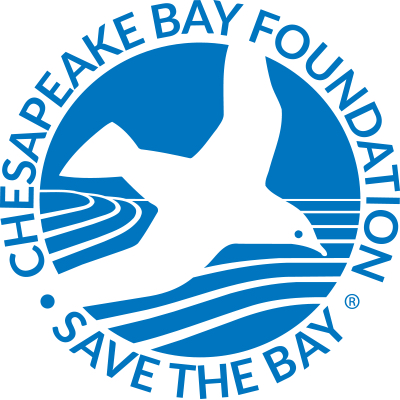
Downloadable instructions from the Chesapeake Bay Foundation on how to build your own rain barrel. Capture rainwater from downspouts to reduce runoff and have a water source during droughts using this easy step-by-step guide.
- Primary Topic: Sea Level Change
- Sub Topic: Capture & Reuse Rainwater, Chesapeake Bay Watershed, Conservation, Ecology, Encourage Resilient Action, Flooding, Flooding Prevention, Local Resource, Water Quality & Pollution, Weather
- Grade Level: High School, Middle School
- Resource Type: Activity, Background Information or Research, Educator Guide, Lesson Plan, Student Action Plan
Chesapeake Bay Foundation : Fix Your Schoolyard Bare Spots
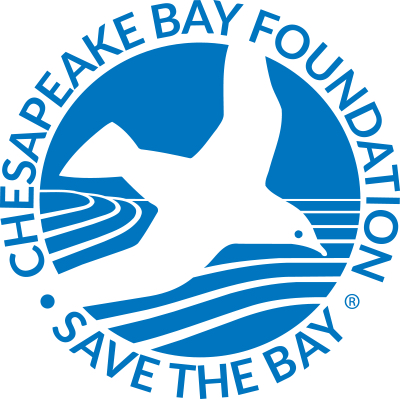
Downloadable instructions from the Chesapeake Bay Foundation on how to fix bare spots in your schoolyard. Bare spots are places where vegetation no longer exists in the soil. Bare spots come in all shapes and sizes. The outcome of having any type of bare spot is the same: storm water hits the ground and is not able to soak into the land. Use this step-by-step guide to fix the bare spots in your school or home yard.
- Primary Topic: Climate Change
- Sub Topic: Chesapeake Bay Watershed, Ecology, Encourage Resilient Action, Flooding Prevention, Local Resource
- Grade Level: Elementary School, High School, Middle School
- Resource Type: Activity, Background Information or Research, Educator Guide, Lesson Plan, Student Action Plan
askHRgreen : Green Education Knowledge Center

Explore green education opportunities including fundraiser car washes, recycling at school, pledge to be a green classroom, green learning education guides and more!
- Primary Topic: Climate Change, Reduce Carbon Footprint
- Sub Topic: Capture & Reuse Rainwater, Chesapeake Bay Watershed, Conservation, Encourage Resilient Action, Flooding Prevention, Local Resource, Renewable Resources/Energy Conservation, Water Quality & Pollution
- Grade Level: Elementary School, High School, Middle School
- Resource Type: Activity, Background Information or Research, Educator Guide, Educator Professional Development, Lesson Plan, Student Action Plan
- Program Type: Beyond the Classroom Program
- Professional Development Type: Grants, Teacher/Training Workshop
Chesapeake Bay Program : Bay Ecosystem Guide
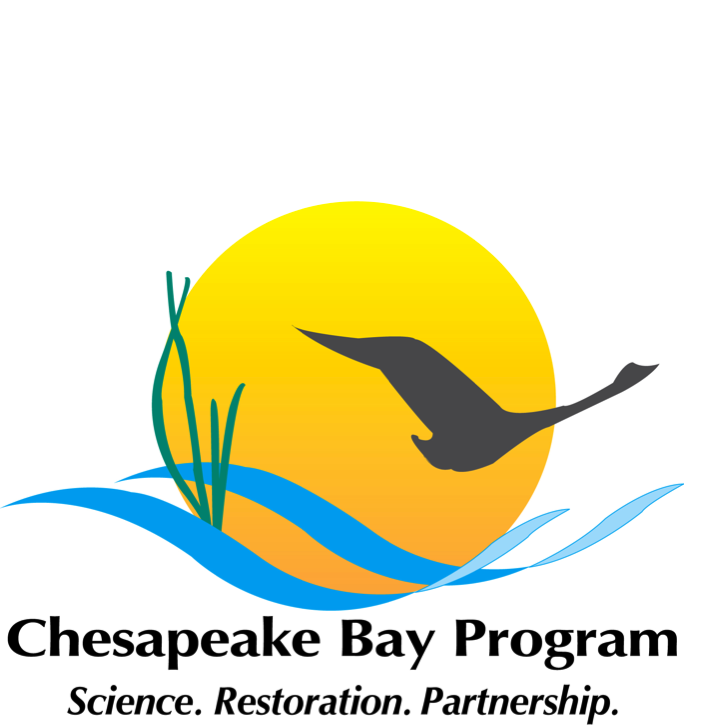
This is a guide to estuary basics entitled ‘Introduction to an Ecosystem’. Learn about the Bay ecosystem, its geology, water and sediments, habitats, living resources and biological communities, food production and consumption, and preserving the Chesapeake Bay. The guide includes a glossary of key terms and phrases.
- Primary Topic: Climate Change, Marine Education
- Sub Topic: Chesapeake Bay Watershed, Conservation, Ecology, Food Production, Local Resource, Water Quality & Pollution, Wetlands
- Grade Level: High School, Middle School
- Resource Type: Background Information or Research, Educator Guide
Chesapeake Bay Foundation : How to Start an After-School Environmental Club
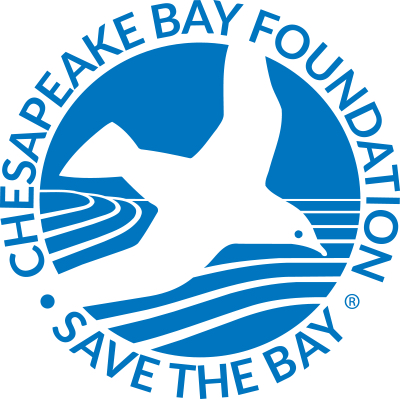
An environmental awareness club will thrill and excite your students as they learn about habitats, animals, outdoor spaces, and vegetation in the Chesapeake Bay region. This document will help you lead an after-school environmental awareness club. When, where, and how much time you commit to this club is your decision. The best thing to keep in mind is keep it simple, keep it fun, and keep it green!
- Primary Topic: Climate Change, Marine Education, Reduce Carbon Footprint, Sea Level Change
- Sub Topic: Conservation, Encourage Resilient Action
- Grade Level: Elementary School, Middle School
- Resource Type: Educator Guide, Educator Professional Development
NOAA : An Educator’s Guide to the Meaningful Watershed Educational Experience (MWEE)
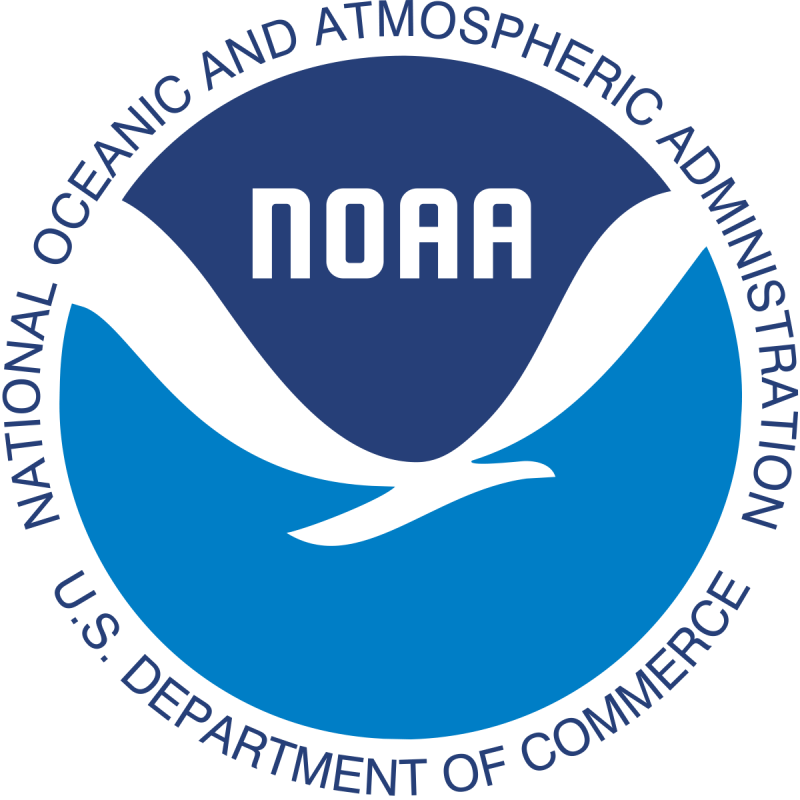
An Educator’s Guide to the Meaningful Watershed Educational Experience (MWEE), commonly referred to as the MWEE Guide, is designed for users with varying levels of familiarity with the MWEE. It is an easy-to-use manual for constructing high-quality MWEEs for all students. In this guide you will find information about why the MWEE is a powerful educational framework, descriptions of the MWEE essential elements and supporting practices, and resources for planning a MWEE. The tools and information in this guide help ensure that MWEEs are done thoroughly and thoughtfully to increase student environmental literacy.
- Primary Topic: Climate Change, Sea Level Change
- Sub Topic: Conservation, Ecology, Encourage Resilient Action, Resilience, Water Quality & Pollution
- Grade Level: Elementary School, High School, Middle School
- Resource Type: Educator Guide, Educator Professional Development
- Professional Development Type: Online Courses, Teacher/Training Workshop